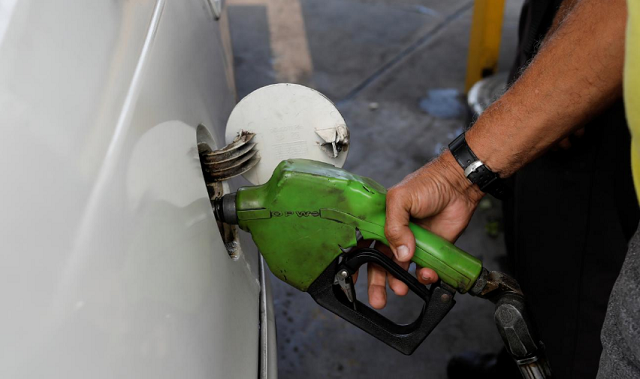
In Nigeria, the cost of landing Premium Motor Spirit (PMS), commonly known as petrol, has dropped significantly over the last three months, this was according to recent figures which stated that the landing cost fell by 20.34 percent, reaching N971.57 per litre, down from previous highs in August.
This decrease points to easing global market pressures and improvements in the supply chain.
Despite the reduction in import costs, the retail price of petrol in Nigeria has surged by 71.79 percent, rising from N617 per litre in August to N1,060 per litre at Nigerian National Petroleum Company Limited (NNPC) stations by November 8. Independent fuel stations report even higher rates, with prices reaching N1,180 per litre.
Data from the Major Oil Marketers Association of Nigeria (MOMAN) reveal that in August, petrol was imported at N1,219 per litre based on a Brent crude price of $80.72 per barrel and an exchange rate of N1,611 per dollar. Retail prices then stood at N617 per litre. By November, as Brent crude prices dropped to $75.57 per barrel and the exchange rate reached N1,665.84 per dollar, the landing cost of petrol had decreased to N971.57. Nevertheless, retail prices rose sharply, defying the decline in import costs.
Industry experts attribute the rise in retail prices to Nigeria’s deregulated fuel market, exchange rate volatility, soaring inflation, and broader economic challenges. Although the reduction in landing costs could ideally lead to lower pump prices, other factors have exacerbated retail costs, leaving consumers to bear the burden.
Meanwhile, the Nigeria Labour Congress (NLC) has voiced strong concerns over the surging petrol prices. Following a National Executive Council meeting, the NLC accused fuel marketers of inflating prices and taking advantage of deregulation, asserting that Nigerians are paying significantly above fair market value. The union contends that current government policies are increasing hardship for citizens, driving many into poverty, and it has vowed to hold both the government and fuel marketers accountable.
As Nigerians face steep costs at the pump, pressure mounts on authorities and stakeholders to address the disparity between falling import costs and rising retail prices, with the NLC underscoring the need for immediate action to alleviate citizens’ economic strain.











